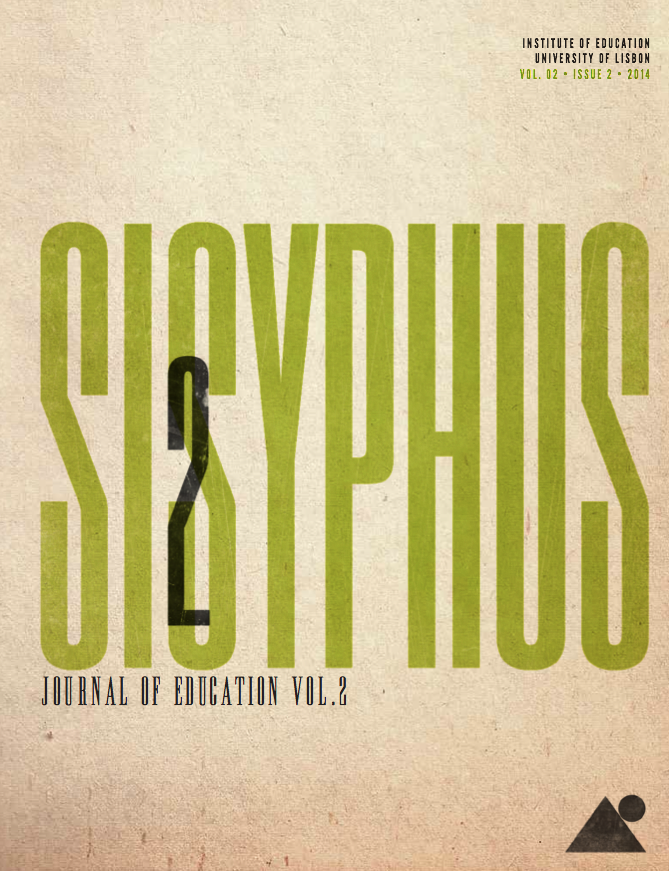Heterogeneity – Challenge and/or Opportunity in Science Education?
DOI:
https://doi.org/10.25749/sis.4065Palabras clave:
Heterogeneity, Language, Challenges, OpportunitiesResumen
The following paper focuses on a field of science research which has not yet been thoroughly researched in many countries: mixed languages in the science classroom. This area represents terra incognita in many areas of science education research. First, this paper will define the term heterogeneity and contrast it with the term diversity. According to the literature, one word stands for challenges, while the other highlights the opportunities arising from heterogeneity in science classrooms. The focus here will be on students’ linguistic heterogeneity in science. The main part of this paper discusses a collaborative research and development project carried out by in-service science teachers, teachers of German as a Second Language (GSL), and science educators. The project was developed under the framework of Participatory Action Research in science education. It focuses on the development of teaching modules for early lower secondary science (grades 5 to 7, ages 10-13) on different topics, including matter and its properties and water. The teaching modules consequently implement learning content and language as envisioned in the Content and Language Integrated Learning (CLIL) approach. After focusing on linguistic heterogeneity and various means for dealing with it, the question of whether such heterogeneity in science classes represents a challenge and/or an opportunity will be raised and discussed.
Descargas
Descargas
Publicado
Número
Sección
Licencia
Copyright (c) es propiedad de Sisyphus – Journal of Education. Sin embargo, alentamos que los artículos publicados en la revista se publiquen en otro lugar, siempre que se solicite el permiso de Sisyphus y los autores incorporen nuestra cita original y un enlace a nuestra página web.
Política de Autoarchivo
Los autores pueden autoarchivar la versión final publicada de sus artículos en repositorios institucionales, temáticos o páginas web personales e institucionales.
Suscriptor de DORA
El Instituto de Educação de la Universidade de Lisboa, editor de Sisyphus, es uno de los suscriptores de la Declaración de San Francisco sobre la Evaluación de la Investigación (DORA).





